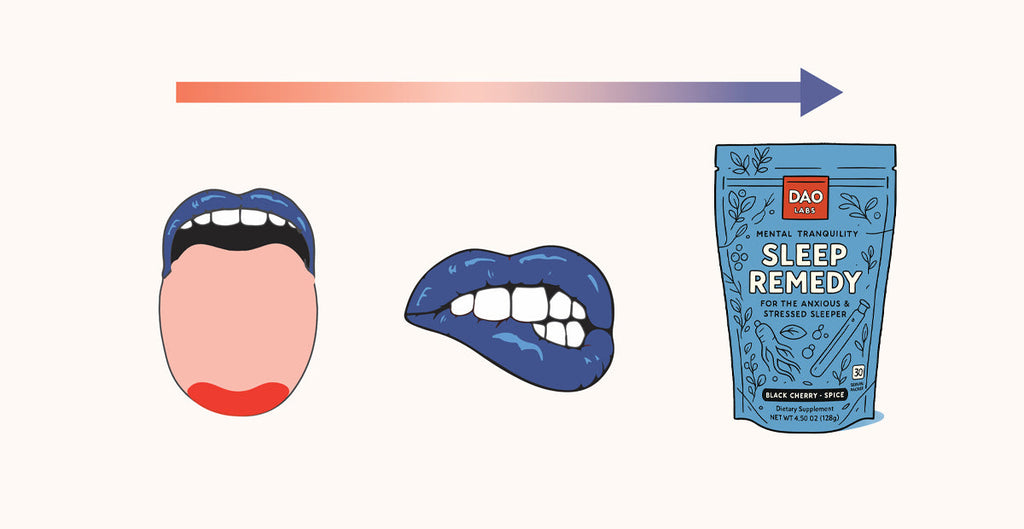Your tongue is the only muscle in the body that we can see, and it can provide incredible insight into your overall health. It's one of the first questions I (and most acupuncturists) ask every patient I see, and if you want to Show Us Your Tongue, I can provide some insight for you as well!
The tongue has been used as an indicator of health for thousands of years in Traditional Chinese Medicine. The shape, color, and coating offer profound insight into a Chinese medicine diagnosis, and can either confirm - or complicate - your acupuncturist’s initial thoughts.
Because our health is always changing, our tongues consistently change as well! The tongue may look different to your acupuncturist appointment to appointment, and if you start to look daily, you may notice the subtle changes as well.
When Your Tongue Indicates “Spleen-Qi Deficiency” or “Heart-Blood Deficiency”
There are over two dozen tongue types and patterns when viewed through the lens of an acupuncturist, but for the purposes of this article, we’re going to talk about “Spleen-Qi Deficiency” or “Heart-Blood Deficiency” patterns. This tongue is typically either pale or has a thin white coat, or one that is swollen or slightly “scalloped”. (In Chinese medicine, a “scalloped” tongue refers to bite marks around the edges of the tongue.)
If your tongue looks like this, here is what you might experience:
- • Occasional forgetfulness
• Trouble focusing
• Restless nights
• Waking during the night between 1–3 am
• Feeling uneasy
• Occasional bloating after meals
• Dry skin or hair
• Tendency to bruise easily

Sound Familiar? Gui Pi Tang May Help.
Our most popular sleep formula, Mental Tranquility, is based on an ancient herbal formula called Gui Pi Tang. Comprised of 12 Chinese herbs, this formula has been used for centuries to support the spleen and heart. Historically, this formula has been used in Traditional Chinese Medicine to support emotional well-being, clarity, and restful sleep.
In Traditional Chinese Medicine, pensiveness, occasional anxiety, and low energy are associated with imbalances in the Spleen, while occasional forgetfulness, occasional sleeplessness, and a sense of unease or scattered energy are linked to the Heart. Gui Pi Tang is traditionally used to support healthy digestion, promote mental clarity, and encourage emotional balance. Supporting Spleen Qi, it helps maintain energy levels and clear thinking. By nourishing Heart Blood, it helps calm the mind and support restful sleep and emotional well-being.
Mental Tranquility is inspired by the Gui Pi Tang formula. The natural flavors of the herbs are complemented with essences of black cherry and spice into an effervescent powder that mixes beautifully with water. Mix one scoop with water daily about an hour before bed to start to wind down, and/or enjoy one scoop with water during the day to promote mental acuity.
If you’re not sure if this is the right formula for you, we can help by having one of our Chinese medicine practitioner partners review your tongue and the answers to a few questions -- just fill out this form. And as always, if you have any questions or want to talk to a real, live person, give us a call anytime.
Care Consideration: Just a reminder that the above information is not a substitute for medical care and is not a substitute for medical advice or recommendations from a healthcare provider. This information is not intended to treat, mitigate, or cure any disease. That said, we encourage you to connect with an Acupuncturist in your community to learn more about this and other Traditional Chinese Medicine options. If you’ve got questions about Chinese herbal medicine or getting started with an Acupuncturist, feel free to connect with us at hello@mydaolabs.com.













,_LAc_96x96.jpg?v=114873)



